Understanding the Current Salmonella Outbreak
The Centers for Disease Control and Prevention (CDC) has announced a Salmonella Enteritidis outbreak connected to eggs that are now subject to recall. According to the latest reports, at least 95 people across 14 states have been sickened, with 18 requiring hospitalization. No deaths have been reported as of this writing.
The outbreak began in January 2025, with illness onset dates ranging from January 7 to July 26. California has been hit hardest with 73 confirmed cases, while other affected states include Nevada, Washington, Minnesota, Arizona, New Mexico, Nebraska, Iowa, New York, Pennsylvania, North Carolina, Georgia, Florida, and Hawaii.
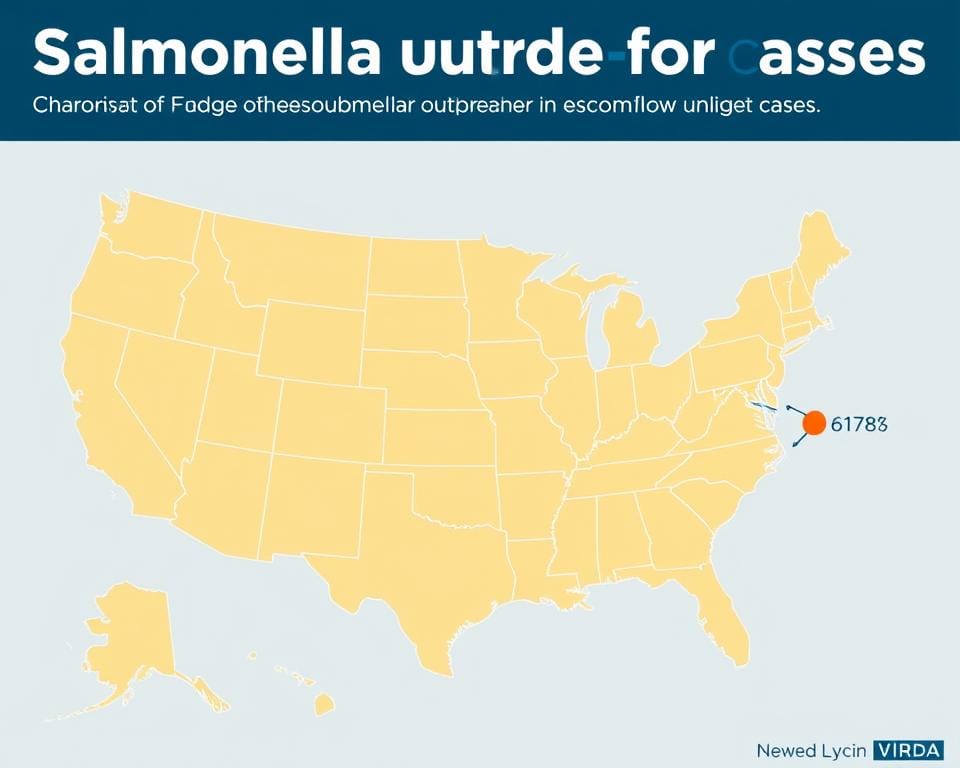
Distribution of cases across affected states, with California reporting the highest number
State investigations identified four subclusters tied to restaurants. Epidemiologic and trace-back data revealed that large brown cage-free eggs distributed by Country Eggs may be the source of the outbreak. Whole-genome sequencing found that bacteria from 94 people’s samples had predicted resistance to certain antibiotics and is similar to an earlier Salmonella Enteritidis strain isolated from chicken products.
Is Your Refrigerator Safe?
Check if your eggs are part of the recall by looking for these specific brands and codes. Taking immediate action can protect you and your family from potential illness.
Recalled Eggs: What to Look For
On August 27, California-based Country Eggs recalled their products after they were linked to the outbreak. The eggs subject to the recall were distributed to grocery stores and food distributors in California and Nevada under three specific brand names:
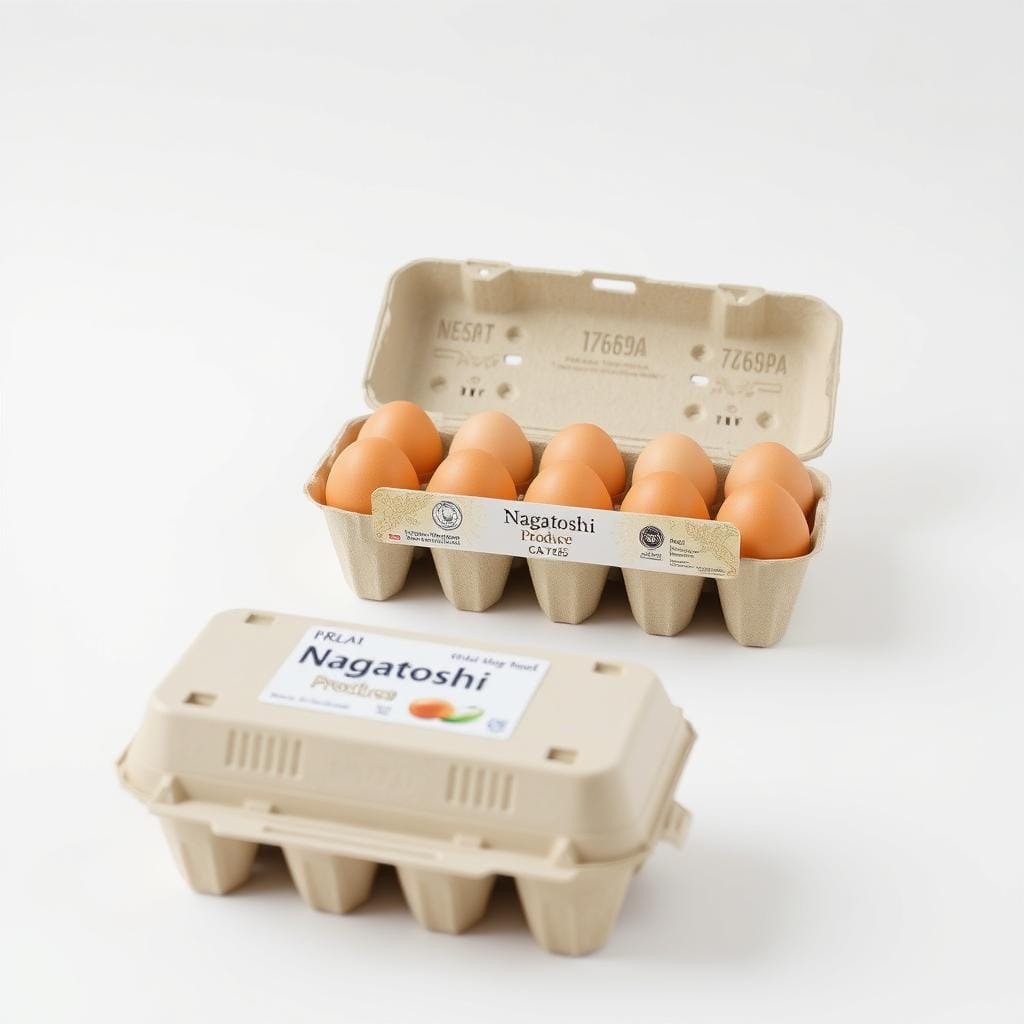
Nagatoshi Produce
Large brown cage-free eggs with code No. CA 7695
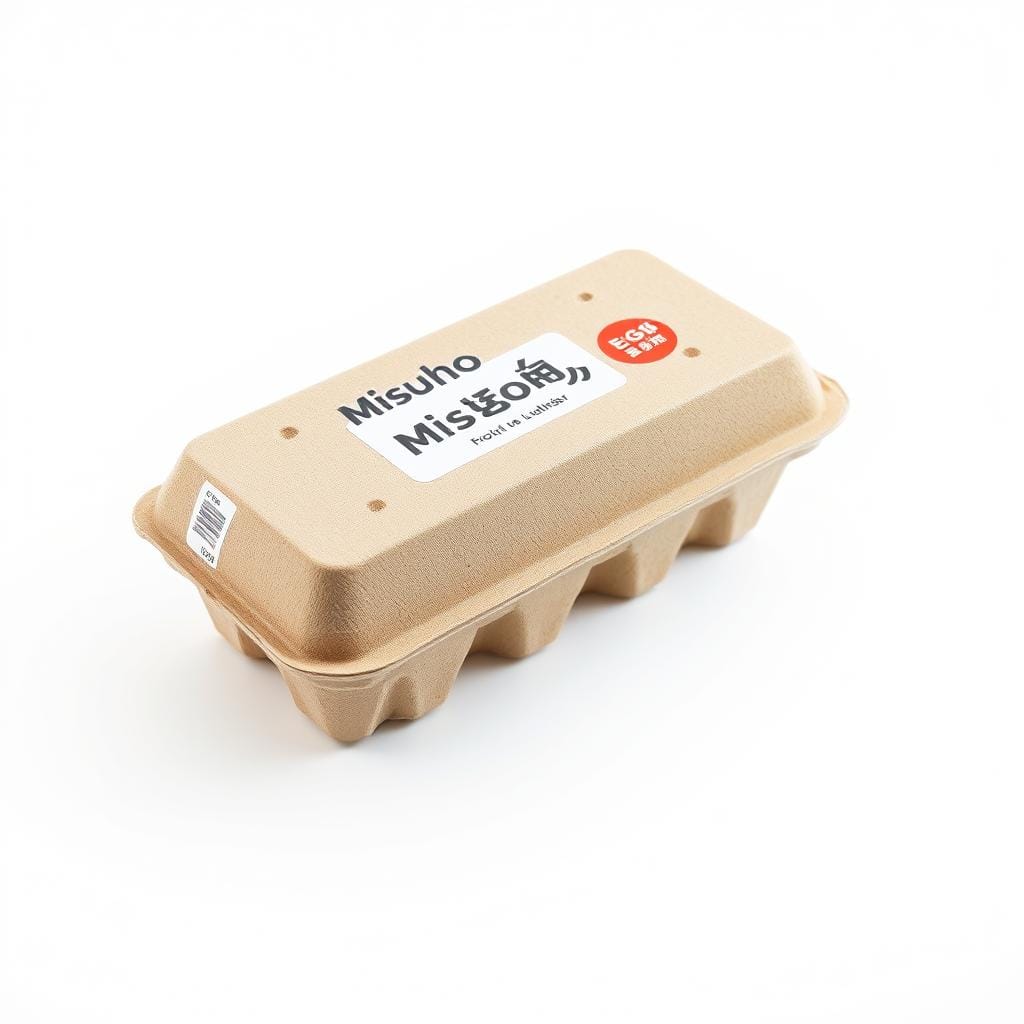
Misuho
Large brown cage-free eggs with code No. CA 7695
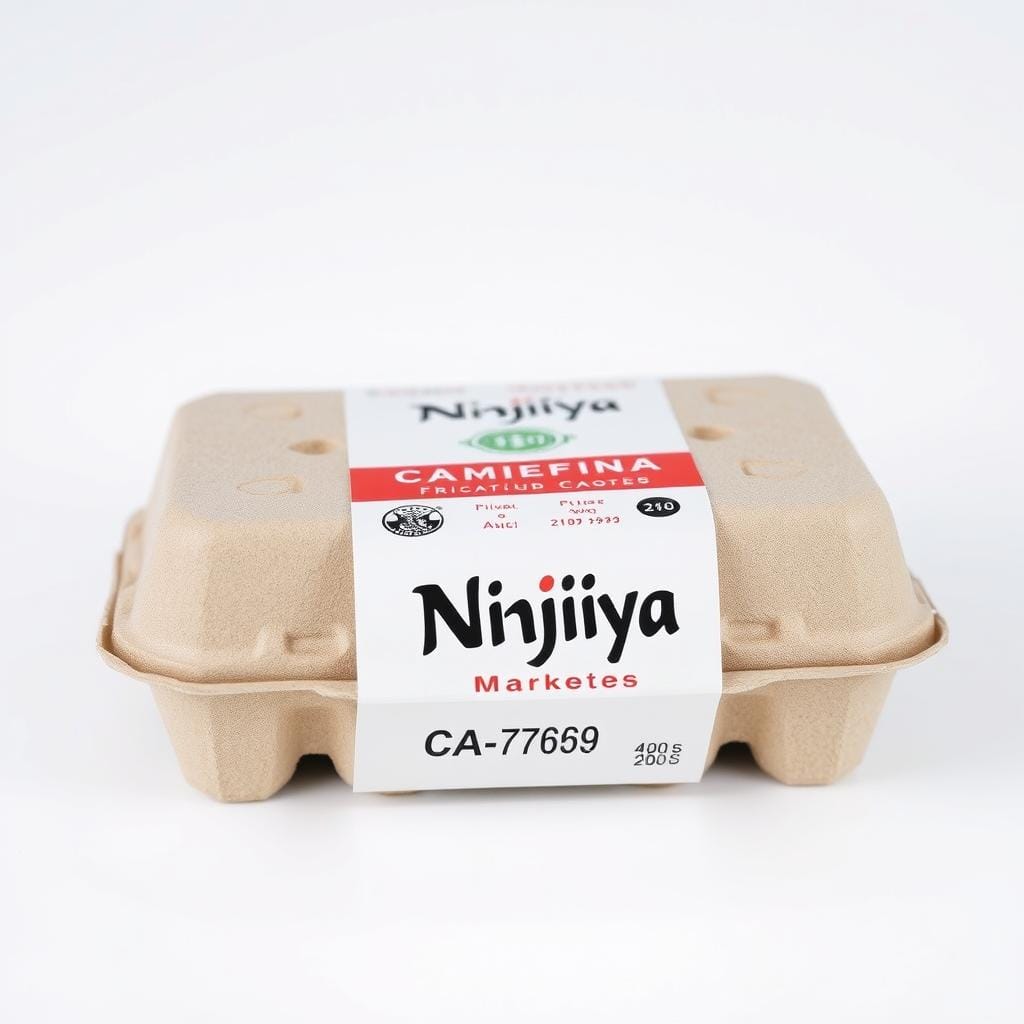
Nijiya Markets
Large brown cage-free eggs with code No. CA 7695
The affected eggs were distributed between June 16 and July 9, 2025. Production of these eggs has been suspended while the FDA investigates the source of the contamination. The true number of sick people is likely much higher than reported, as many people recover without seeking medical care or being tested for Salmonella.
What to Do If You Have Recalled Eggs
- Do not eat the recalled eggs
- Return them to the store where purchased for a refund
- Or dispose of them properly
- Clean surfaces that may have touched the eggs with hot, soapy water
- Wash hands thoroughly after handling the recalled products

Recognizing Salmonella Infection Symptoms
Salmonella is a bacterial infection caused by consuming contaminated food, particularly raw or undercooked eggs, meat, or poultry. Symptoms typically begin 6 hours to 6 days after exposure to the bacteria and can last 4-7 days. Most healthy people recover without specific treatment, but some cases require medical attention.
Common Symptoms
- Diarrhea (which may be bloody)
- Fever (often higher than 102°F)
- Stomach cramps
- Nausea and vomiting
- Headache
- Body aches
When to Seek Medical Help
- Diarrhea for more than 3 days without improvement
- Fever higher than 102°F
- Bloody stools
- Excessive vomiting preventing liquid retention
- Signs of dehydration (dry mouth, infrequent urination, dizziness)
- Severe abdominal pain

High-Risk Groups
Some people are more likely to develop severe Salmonella infections that may require hospitalization:
- Children under 5 years old
- Adults over 65
- People with weakened immune systems
- Pregnant women
- Those with chronic health conditions
Experiencing Symptoms?
If you’re experiencing severe symptoms after consuming eggs, seek medical attention and mention possible Salmonella exposure to your healthcare provider.
Preventing Salmonella Infection from Eggs
While the current outbreak is linked to specific egg brands, practicing proper food safety is essential for preventing Salmonella infections from any eggs. Follow these guidelines to reduce your risk:
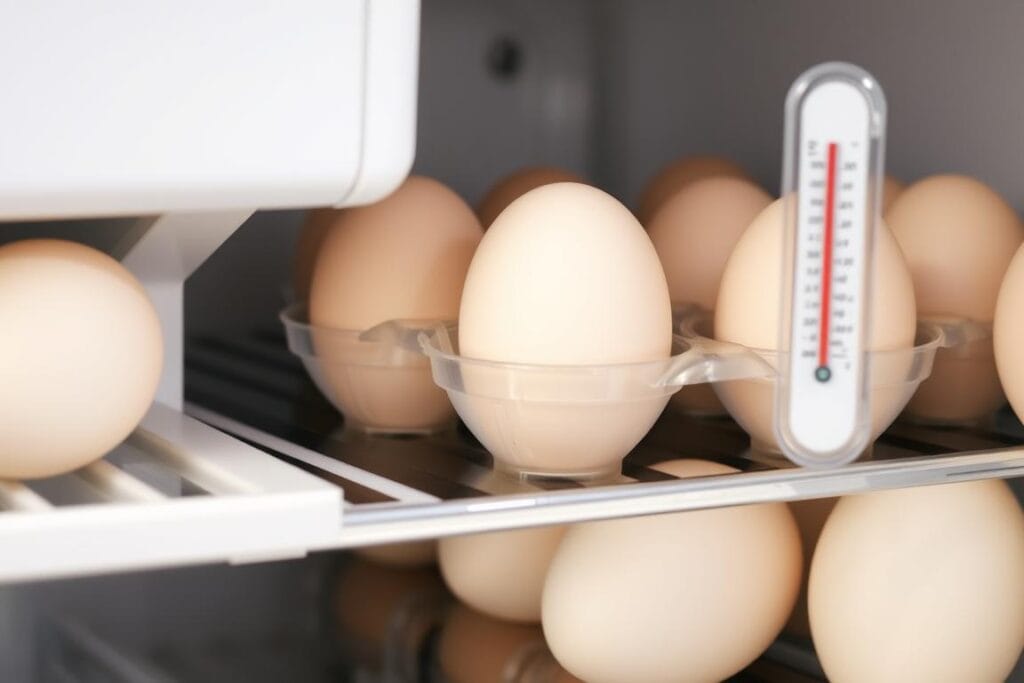
Storage
- Refrigerate eggs at 40°F (4°C) or colder
- Store eggs in their original carton
- Keep eggs in the main compartment, not the door
- Use eggs within 3-5 weeks of purchase

Cooking
- Cook eggs until both whites and yolks are firm
- Cook to an internal temperature of 160°F (71°C)
- Avoid recipes with raw or undercooked eggs
- Use pasteurized eggs for dishes requiring raw eggs

Handling
- Wash hands with soap after handling raw eggs
- Clean surfaces that contact raw eggs
- Use separate cutting boards for eggs
- Discard cracked or dirty eggs
“Many people think they can tell if an egg is ‘good’ or ‘bad’ based on appearance or smell, but Salmonella bacteria don’t change the look, smell, or taste of eggs. The only way to kill these bacteria is through proper cooking.”

Protect Your Family
Learn more about safe food handling practices to prevent foodborne illnesses in your home.
Frequently Asked Questions About the Egg Recall
How do I know if my eggs are part of the recall?
Check if your eggs are large brown cage-free eggs sold under the brand names Nagatoshi Produce, Misuho, or Nijiya Markets with code No. CA 7695. These eggs were distributed to grocery stores and food service distributors in California and Nevada between June 16 and July 9, 2025.
What should I do if I’ve already eaten the recalled eggs?
If you’ve consumed the recalled eggs but aren’t experiencing symptoms, you don’t need to do anything special. However, monitor yourself for symptoms like diarrhea, fever, and stomach cramps for the next week. If you develop symptoms, contact your healthcare provider and mention the potential Salmonella exposure.
How is Salmonella transmitted through eggs?
Salmonella bacteria can contaminate eggs in two ways: the bacteria can pass from an infected hen into the egg before the shell forms, or the bacteria can penetrate the egg shell after laying if the egg comes in contact with fecal matter. The bacteria can survive on both the outside and inside of eggs.
Are organic or cage-free eggs safer than conventional eggs?
Organic, cage-free, and conventional eggs all carry similar risks for Salmonella contamination. The production method doesn’t necessarily impact the presence of bacteria. Proper handling and cooking are necessary for all types of eggs to ensure safety.
How long does a Salmonella infection last?
Most people recover from Salmonella infection without specific treatment after 4-7 days. However, it may take several months for bowel habits to return completely to normal. In some cases, people may develop reactive arthritis, which can last for months or years.
Can I still get sick if I cook the recalled eggs thoroughly?
While thorough cooking kills Salmonella bacteria, the FDA and CDC still recommend not consuming recalled eggs at all. This is because cross-contamination can occur during handling before cooking. The safest approach is to return or discard recalled eggs.

Staying Informed About Food Safety
Food recalls and outbreaks can happen at any time. Staying informed about potential risks is an important part of protecting yourself and your family. Here are some resources to help you stay updated:
Official Resources
Stay Connected
- Sign up for FDA recall alerts
- Follow CDC and FDA on social media
- Download food safety apps
- Check your local health department website

Never Miss a Recall
Sign up for automatic alerts about food recalls and safety issues to protect your family from foodborne illnesses.
Protecting Yourself from Salmonella
The current Salmonella outbreak linked to eggs highlights the importance of food safety awareness and proper handling practices. By staying informed about recalls, checking your egg purchases against the affected brands, and following proper food safety guidelines, you can significantly reduce your risk of foodborne illness.
Remember that Salmonella can affect anyone, but young children, older adults, pregnant women, and those with weakened immune systems are at higher risk for severe illness. If you experience symptoms after consuming eggs, especially if they’re part of the recalled brands, seek medical attention and mention the potential exposure.
Food safety is a shared responsibility between producers, retailers, and consumers. While government agencies work to identify and contain outbreaks, your actions at home play a crucial role in protecting yourself and your family from foodborne illnesses like Salmonella.

Take Action Today
Check your refrigerator, learn proper egg handling, and stay informed about food safety to protect yourself from Salmonella and other foodborne illnesses.

